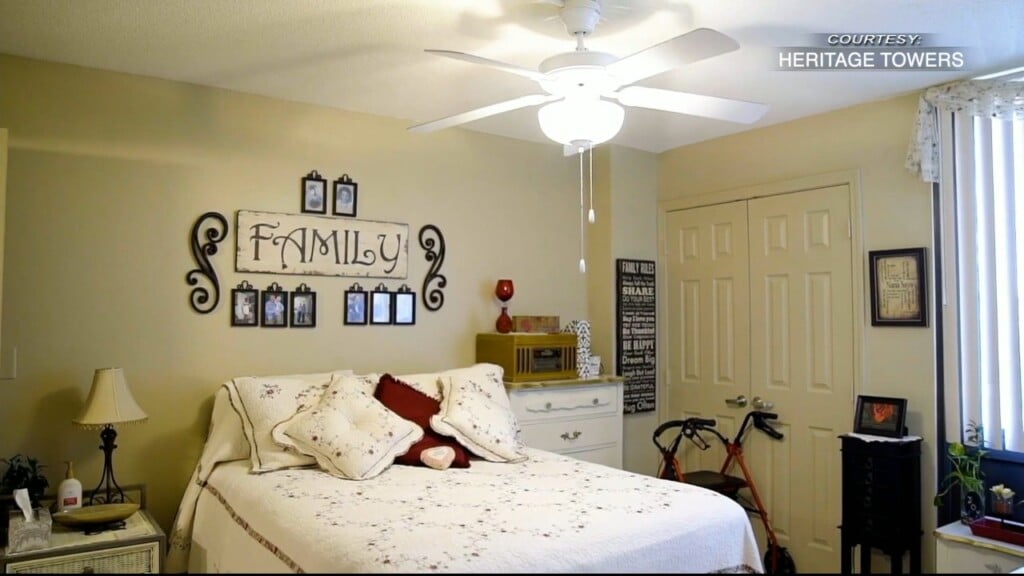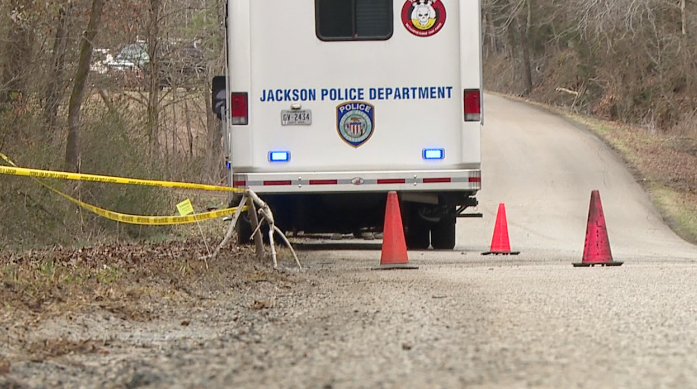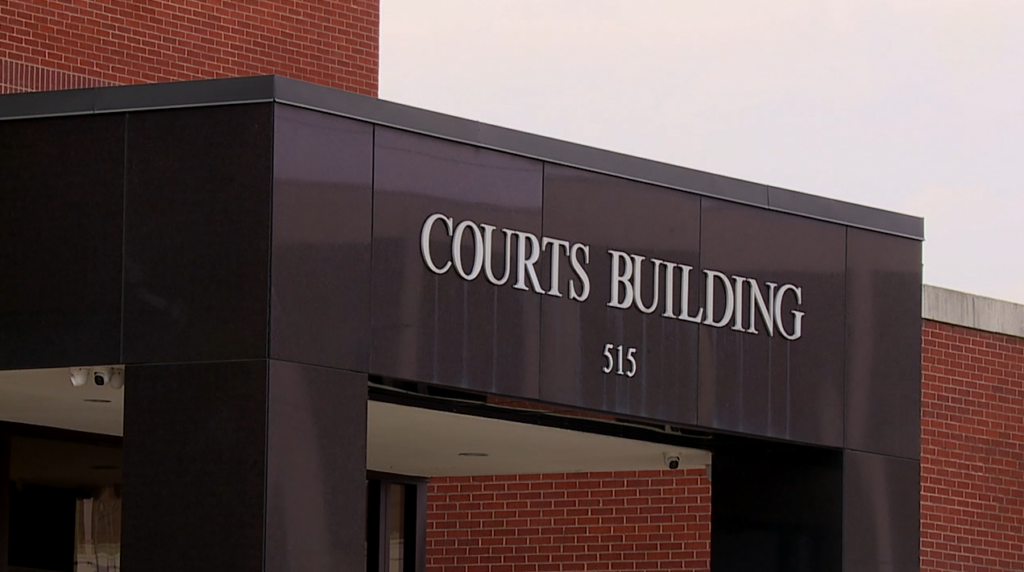What the Tech: Public WiFi
Free public WiFi is everywhere. Airports, hotels, coffee shops, even grocery stores offer easy access to the internet. And thanks to improvements in website security and device protections, it’s not as risky as it once was.
But “not as risky” doesn’t mean safe.
Hackers are still taking advantage of public networks, setting traps for people who just want to check email or scroll through social media. If you’re not careful, connecting to the wrong network could expose your personal information to someone sitting just a few tables away.
Start With the Network Name
Before you connect, double-check the name of the WiFi network. This is one of the most common tricks hackers use. In an airport, you might see a network labeled “Free Airport WiFi.” Sounds legit, right? But it could be a fake. Always ask an employee or look for signs that confirm the official name of the network.
Look for Secure Connections
When you’re choosing between available networks, look for one marked as “secure.” If you don’t see that, consider skipping WiFi altogether and switching to your mobile data. Many phone plans now offer enough monthly data for web browsing and email without charging extra.
Know What’s Safe — And What’s Not
It’s probably fine to use public WiFi for basic browsing, like checking the news or watching videos. But anything sensitive? Avoid it. That includes logging into your bank, shopping online, or accessing credit card accounts. These actions put your information at serious risk on an open network.
While browsing, check that websites begin with “https” or show a padlock icon in the address bar. That indicates the site is encrypted. If there’s no lock and no “s,” the site is not secure, and your data could be intercepted.
Watch Out for Pop-Ups
Another red flag: pop-ups that appear after connecting to public WiFi. You might be asked to accept a certificate or download something to continue. Never agree to this. These tactics are often used by hackers to gain access to your device.
Protect Yourself with a VPN
If you use public WiFi often — whether you travel frequently or work remotely — consider using a VPN. A virtual private network encrypts everything you do online, making it harder for anyone to intercept your information, even on an open network.
Bottom Line
Public WiFi is more secure than it used to be, but it’s still a risk. Treat every connection like it’s a public conversation. If you wouldn’t want someone overhearing what you’re doing, don’t do it on public WiFi.












